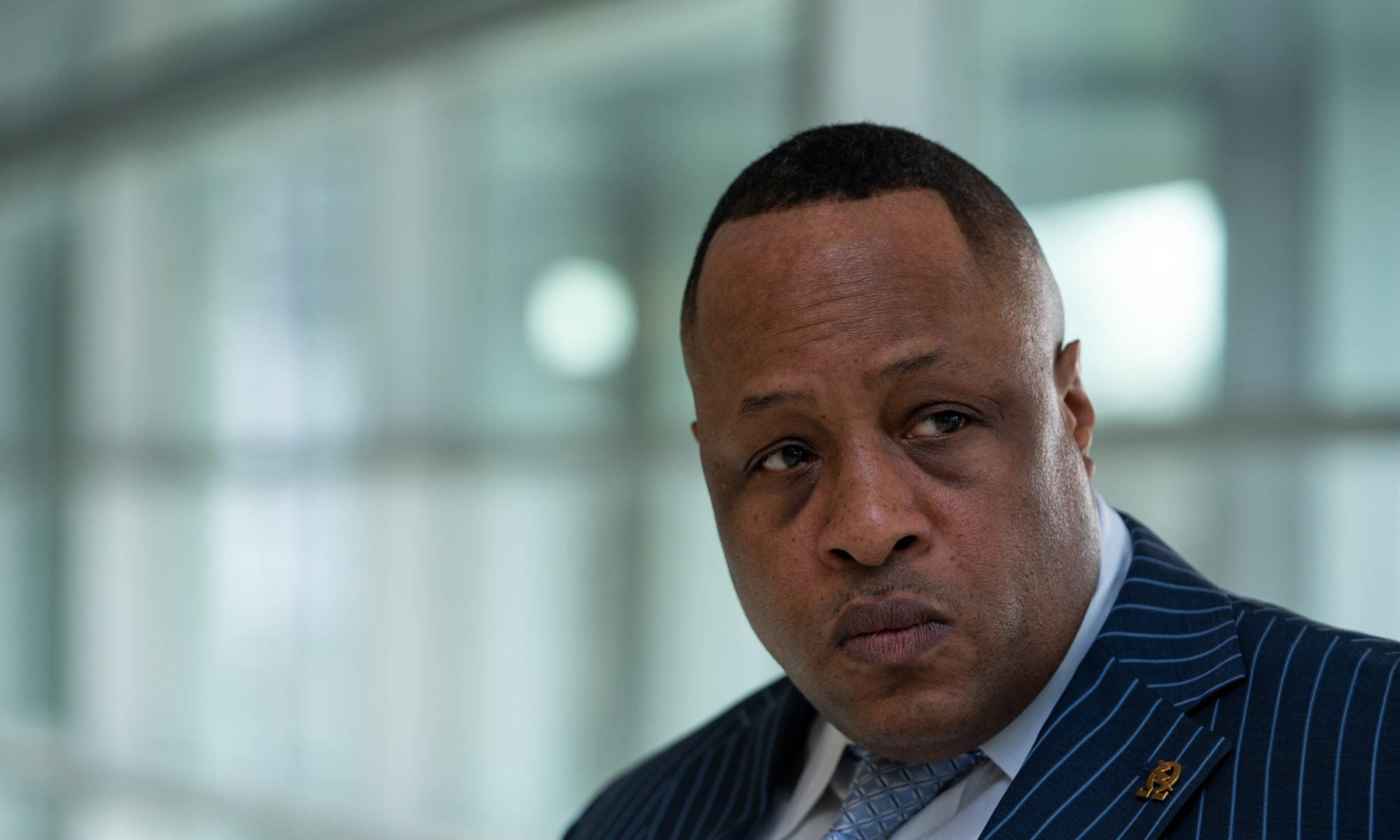As a restorative justice practitioner, Dr. Washington’s research seeks to influence policy as it pertains to juvenile justice reform by looking closely at the school-to-prison pipeline. Nearly 70% (https://www.theedadvocate.org/black-boys-crisis-eliminating-school-prison-pipeline/) of Black boys are affected by the draconian approach to school discipline. Thus, his research explores pedagogical strategies that challenge the racial disparities and inequities within educational systems that are punitive in practice. Restorative justice attempts to fill gaps in perceived behavior deficiencies and explores the roll of dialogue and storytelling in creating healthy narratives about Black children’s learning potential. Dr. Washington’s commitment to practicing restoratively in urban school settings helps to, 1) legitimize the experiences of minority students, and; 2) recognize their value in terms of fostering racial identity and self-awareness.

Dr. Washington’s research as a restorative justice practitioner is influenced by the notion that Black youth aren’t being taught adequately, although they have high intellectual capacities. Practicing restoratively encourages young people to participate in addressing issues of race and disenfranchisement in order to identify their strengths and maximize their learning abilities. Holding space in three institutional areas—juvenile justice facilities, urban school districts, and universities—Dr. Washington’s approach to practice intends to build social capital, encourage dialogue about racial justice, and impact policy both in criminal justice and education reform.
